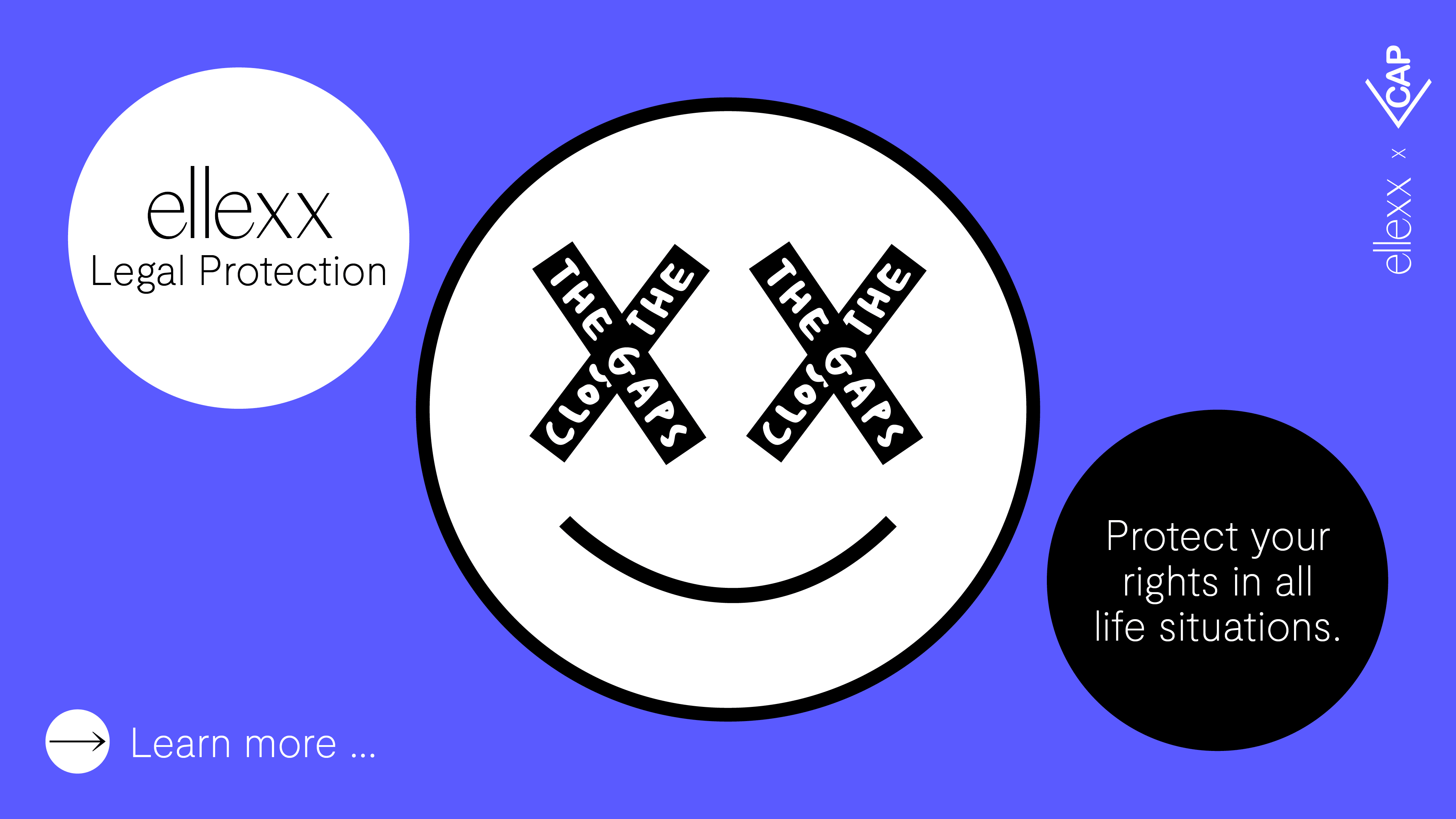You might know the scenario: You slept poorly and treated yourself to a flat white and a pain au chocolat for morning motivation. You felt annoyed or bored at work and bought a scented candle or new nail polish on the way home. Or you booked a vacation and were so excited that you immediately ordered three books. Maybe you lit the candle twice, used the nail polish once, and 2.5 of the books have been staring at you unread for six months.
Welcome to the "Emotional Spenders" club. These are people who regulate their feelings by buying things. To understand this better, it's essential to distinguish a few things. Emotions are a fundamental part of our consumption behavior. "Being guided by our emotions when making a purchase decision is not yet emotional spending," says Anne Herrmann. She is a professor of economic psychology at the University of Applied Sciences Northwestern Switzerland (FHNW) and emphasizes that our purchase decisions are rarely rational. Even something as mundane as buying apples or laundry detergent isn't purely rational. We choose values or promises. For example, we buy Demeter apples from the farmer because we support pesticide-free agriculture and/or local businesses. Or the detergent without artificial colors and fragrances because we consider "natural" ingredients to be healthier.
The Mechanisms Behind Emotional Spending
Emotional spending works differently: "With emotional spending, you buy something you don't really need or later realize you didn't want. We spend money in response to specific, mostly negative, feelings," explains the economic psychologist. The purchase makes you feel good temporarily. Herrmann cites the beginning of the COVID-19 pandemic as an example: The pandemic and the associated measures were enormously stressful for many and triggered strong negative feelings. At the same time, numerous emotion-regulating activities, such as social hobbies or interactions with friends, became impossible. "This further intensified the stress and anxiety feelings, leading many to emotional spending," says Herrmann. Game consoles, balcony or garden furniture, and home exercise equipment were among the most purchased items.
Are Some People More Susceptible to Emotional Spending?
Anne Herrmann mentions no gender differences: "It mainly affects people for whom buying triggers good feelings." For example, suppose you currently feel unappreciated or unseen at work. If a barista prepares a coffee for you in the morning and perhaps even creates latte art, the warm, carefully prepared drink likely evokes a feeling of appreciation. You've paid for it, but the barista did something for you. Maybe they even smiled at you. You feel well-treated and ready to head to the office.
Harmless or Problematic?
How bad is it to regulate your feelings with a morning coffee? "Of course, you could argue that everyone has experienced this: having a bad day and wanting to treat yourself. That's perfectly legitimate," says Herrmann. Occasionally treating yourself to a coffee and a cinnamon roll because colleagues are annoying, you're frustrated with an unpleasant task, or you've argued with your partner is not a problem.
It's problematic when this behavior becomes a habit, the expenses are not appropriate for your budget, and, most importantly, when it's the only way to cope with difficult feelings: "If emotional spending is the primary coping mechanism, it easily leads to a vicious cycle: excessive emotional spending has negative financial consequences because you spend too much money. This again leads to negative feelings that are compensated with emotional spending," explains Herrmann.
This is also where the line to shopping addiction is drawn: "Shopping disorder or addiction is a strong urge to buy unnecessary things repeatedly, despite negative financial, emotional, and social consequences. These negative consequences are known to the person – as with other addictions – but they still can't reduce or stop the behavior."
In Switzerland, according to a BAG study, 4.8 percent of the population is pathologically addicted to shopping. 21 percent, or one in five people, show a precursor to pathological shopping addiction. Emotional spending also falls into this precursor category. It's challenging to determine how many people are affected by emotional spending. Scientific figures are scarce. Private American or British credit firms surveyed their own communities, with over 1,000 participants in these surveys. Some concluded that almost 90 percent of respondents engaged in emotional spending and that women and younger people are more affected. However, these results should be viewed with caution, as neither the data nor the questions are transparent. The BAG survey results also contradict these claims.
Influences of Our Consumer Society
Many people use the "buying" strategy to feel better, not just because of individual tendencies. Emotional spending is actively encouraged in a consumer-driven society. Anne Herrmann confirms this: "Retailers explicitly advertise that we can shop spontaneously online at any time. Correspondingly, we can easily pay with TWINT, stored credit cards, and in-app purchases." Social media also plays a crucial role. Influencers earn money by promoting products: "We users visit the app when we want to be distracted. When bad moods meet tailored, seemingly authentic product advertising, we're more likely to be tempted to buy."
How to Handle Emotional Spending More Autonomously
We live in a society that makes it easy to spend money. However, this doesn't mean you're powerless against it. If you recognize yourself in some situations and want to successfully resist emotional spending, Anne Herrmann offers several tips:
- Online shopping is easy and fast. Make it difficult: Set your browser settings so you have to log in again on all shopping websites and delete all shopping apps from your phone.
- Set personal rules: You can put items in the online shopping cart, but you must wait at least 24 hours before ordering. This way, you can distract yourself from negative emotions without spending money.
- Find alternative routes to work or home if you know certain stores or cafes quickly tempt you to buy.
- Change not just your behavior but also seek the cause. Develop ways to cope with negative feelings:
A. Get to know your various negative feelings by first becoming aware of how you feel: Are you stressed? Nervous? Bored? Worried?
B. Observe your behavior patterns and try to change them: For instance, if you feel down after a long workday and almost automatically scroll through an online shop on your phone, you could consciously go for a walk or engage in a hobby instead. If you feel more stressed, it might help you to meditate briefly or water your plants. Experiment to see which activities help you cope better with the respective negative emotions. - Be aware of how much emotional spending costs you, not just financially but also in terms of time. Spending hours searching for the perfect living room rug ultimately prevents you from doing what you might prefer: trying out a new recipe or organizing a hike with friends.



